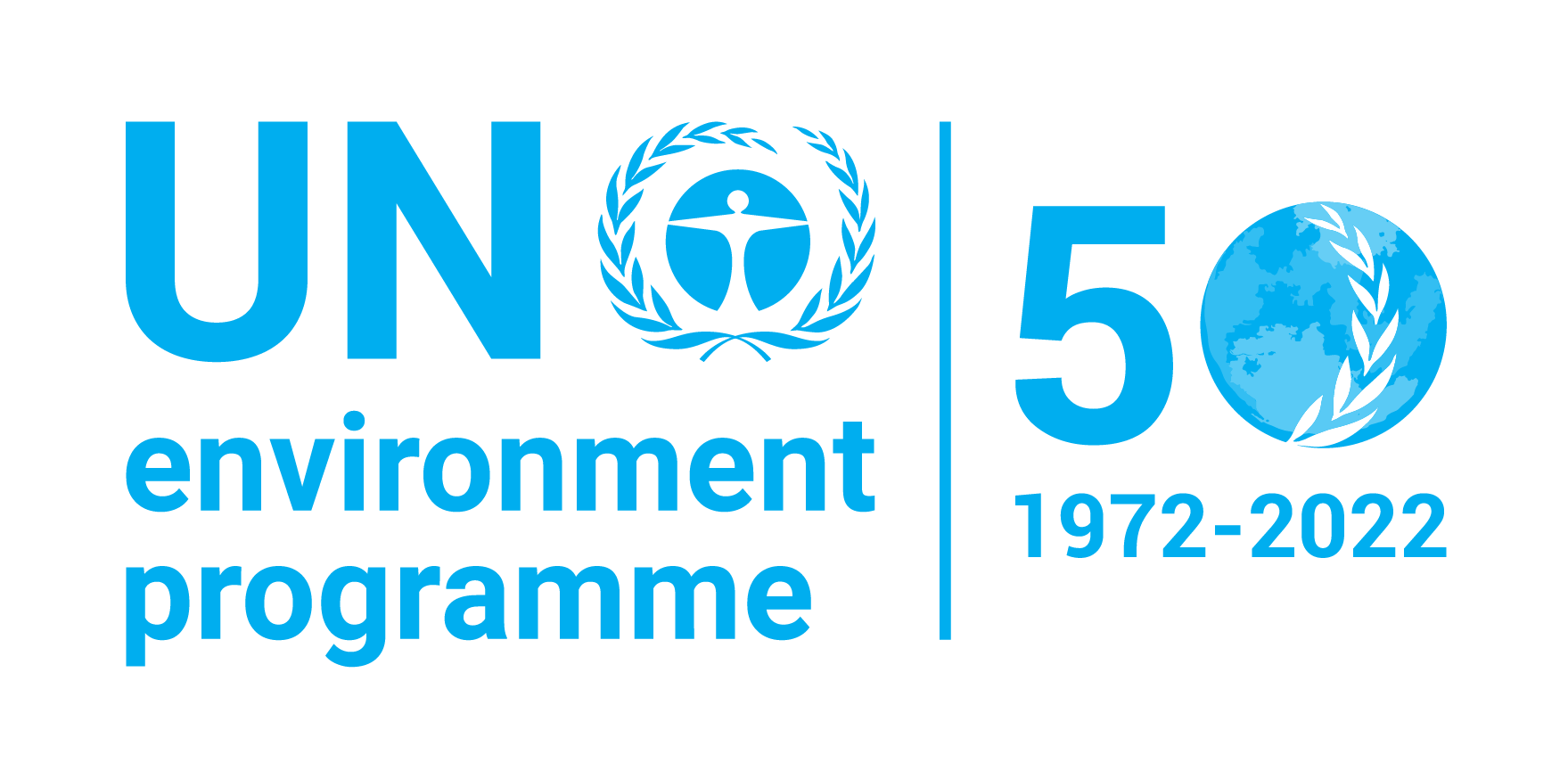| dc.contributor | Law Division | en_US |
| dc.contributor.author | May, James R. | en_US |
| dc.contributor.author | Daly, Erin | en_US |
| dc.coverage.spatial | Global | en_US |
| dc.date.accessioned | 2020-11-20T08:48:16Z | |
| dc.date.available | 2020-11-20T08:48:16Z | |
| dc.date.issued | 2020 | |
| dc.identifier.uri | http://hdl.handle.net/20.500.11822/34370 | |
| dc.description | 'Sustainability’ – the idea that those living have a responsibility to leave for future generations an environment at least as livable as presently enjoyed – has witnessed dispersive distribution, including applications to energy policy, constitutionalism, and the concept of ‘sustainable development’. The latter has become a common if not ubiquitous feature in legal expressions at the international, national and subnational levels, culminating in the United Nations setting 17 Sustainable Development Goals (SDGs) to achieve by 2030 | en_US |
| dc.format | Text | en_US |
| dc.language | English | en_US |
| dc.publisher | United Nations Environment Programme | en_US |
| dc.relation.ispartof | International Environmental Law-making and Diplomacy Review 2019 | en_US |
| dc.rights | Public | en_US |
| dc.subject | SUSTAINABLE DEVELOPMENT | en_US |
| dc.subject | HUMAN RIGHTS | en_US |
| dc.title | The Role of Human Dignity in Achieving the UN Sustainable Development Goals | en_US |
| dc.type | Chapters and Articles | en_US |
| wd.identifier.sdg | SDG 10 - Reduced Inequalities | en_US |
| wd.identifier.sdg | SDG 16 - Peace, Justice and Strong Institutions | en_US |
| wd.topics | Education & environment | en_US |
| wd.topics | Environmental rights and governance | en_US |
| wd.topics | Sustainable Development Goals | en_US |
| wd.identifier.pagesnumber | 18 p. | en_US |


